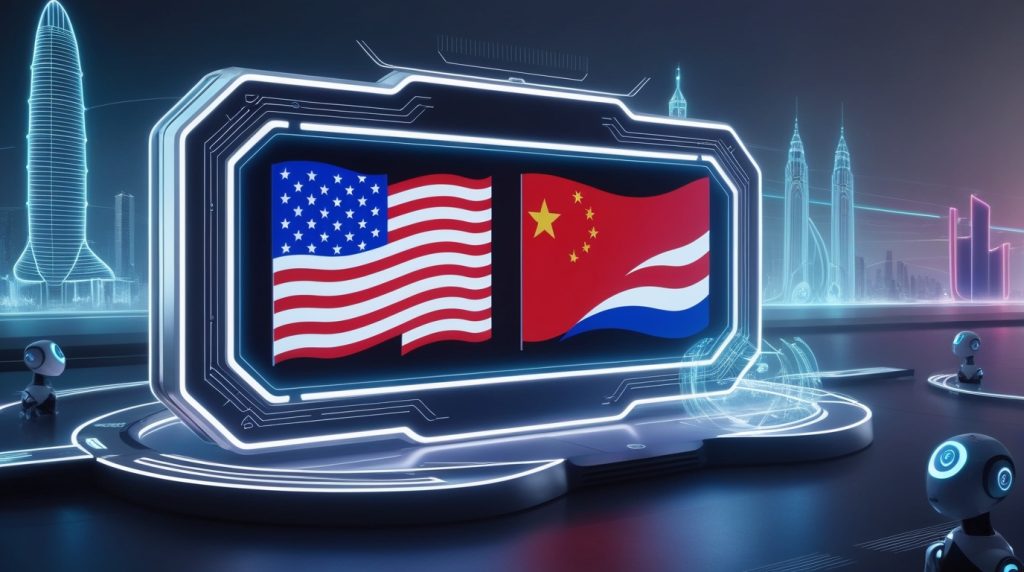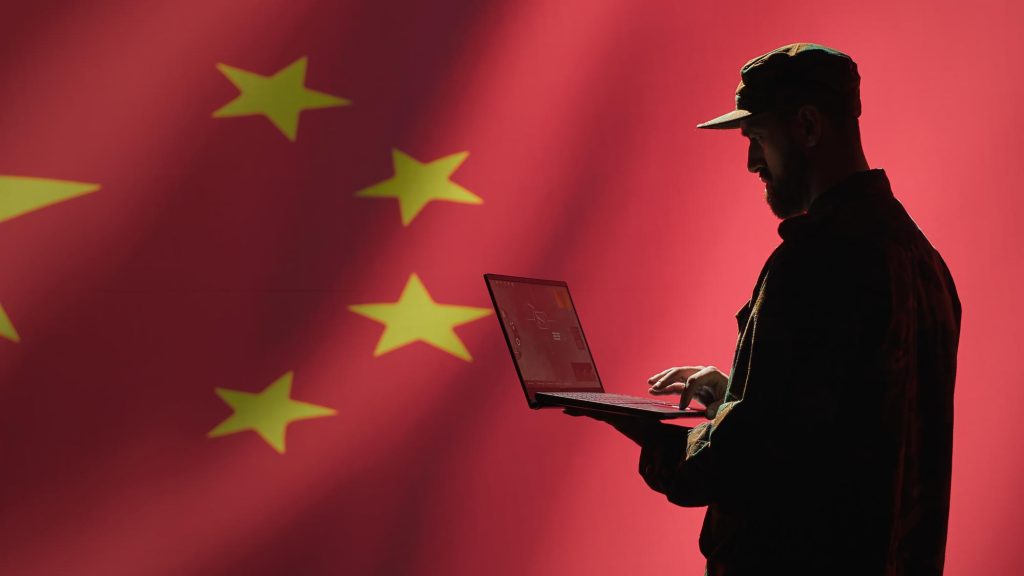China is engaged in an extensive and sophisticated campaign to shape global perceptions and promote pro-Beijing narratives worldwide. This effort, costing billions annually, has caught the attention of U.S. intelligence analysts and policymakers who are concerned about potential interference in the upcoming November election and undermining of American interests.
A key tactic in China’s influence operations is the use of networks of websites masquerading as legitimate news outlets. These sites deliver pro-China coverage that often aligns closely with official statements and positions from Beijing. Shannon Van Sant, an adviser to the Committee for Freedom in Hong Kong Foundation, uncovered dozens of such sites, including one that mimicked The New York Times to lend credibility to its strongly pro-Chinese messages.

“Manipulation of the media is ultimately a manipulation of readers and the audience, and this is damaging to democracy and society,” Van Sant stated.
The Chinese government denies these allegations. Liu Pengyu, spokesman for the Chinese Embassy in the U.S., said claims of China using news websites and social media to spread pro-Beijing information are “full of malicious speculations against China, which China firmly opposes.”
However, research suggests otherwise. Xiao Qiang, a research scientist at UC Berkeley, notes that Beijing has turned to foreign players – both real and artificial – to relay messages and lend credibility to narratives favoring the Communist Party. The cybersecurity firm Logically identified 1,200 websites carrying Russian or Chinese state media stories, often targeting specific audiences with names resembling traditional news organizations.
China’s approach differs from that of Russia or Iran, focusing more on spreading positive content about China rather than displaying clear preferences in U.S. elections. Alex Nelson of Logically warns, “There’s a decent likelihood that these articles could influence U.S. audiences without them even knowing where it comes from.”
The influence campaign extends beyond news websites. Chinese President Xi Jinping has called for a systematic buildup of Chinese narratives to give the country a global voice “commensurate with” its international stature. This includes investments in state media like Xinhua and China Central Television, as well as partnerships with media outlets worldwide.

China has also employed fake personas to spread its message. A 2023 State Department report detailed the case of “Yi Fan,” a supposed writer whose identity shifted from foreign ministry analyst to journalist to independent analyst, while consistently promoting pro-China narratives.
The U.S. government is taking notice. The House of Representatives recently approved a bill that would authorize $325 million annually through 2027 to counter China’s global influence, including its disinformation campaigns. Rep. Gregory Meeks emphasized, “We are in a global competition for influence with China, and if you want to win it, then you cannot do it on a middle-power budget.”
China’s extensive influence campaign represents a significant challenge to democratic societies and the global information ecosystem. The use of sophisticated tactics, including AI-generated content and fake personas, makes it increasingly difficult for the average reader to discern fact from fiction or identify the true source of information.

While it’s understandable that China, like any nation, wants to project a positive image internationally, the methods employed raise serious ethical concerns. The deliberate spread of disinformation and the creation of fake news outlets undermine trust in media and can have far-reaching consequences for international relations and democratic processes.
The U.S. and other democratic nations must strike a delicate balance in their response. While countering disinformation is crucial, it’s equally important to uphold principles of free speech and avoid creating an environment of censorship or overreach. Increased funding for media literacy programs, support for independent journalism, and international cooperation on digital governance could be effective strategies.
Moreover, this situation highlights the urgent need for global standards and regulations regarding the use of AI in content creation and distribution. As AI technology becomes more sophisticated, distinguishing between authentic and artificially generated content will become increasingly challenging.

Ultimately, combating China’s influence campaign will require a multifaceted approach involving governments, tech companies, media organizations, and civil society. By fostering critical thinking skills, promoting transparency, and investing in quality journalism, we can build resilience against disinformation while preserving the open exchange of ideas that is fundamental to democratic societies.
Copyright©dhaka.ai
tags: Artificial Intelligence, Ai, Dhaka Ai, Ai In Bangladesh, Ai In Dhaka, Future of AI, Artificial Intelligence in Bangladesh, China



